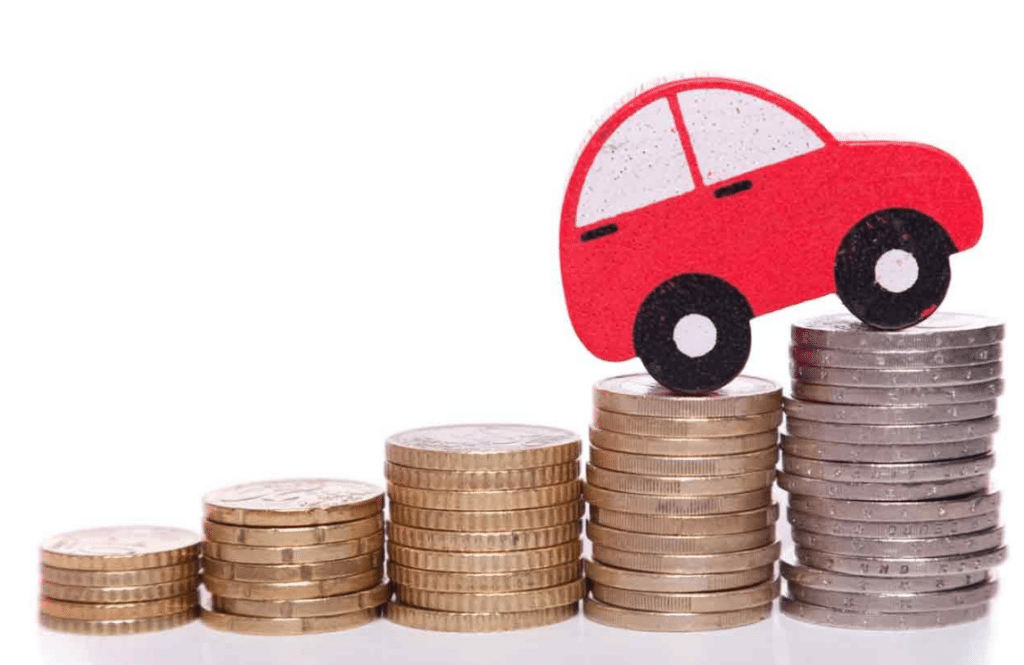We are often asked about the effect of a traffic ticket conviction upon a client’s auto insurance rates. The answer for some situations is easy but in others no so much.
For any motorist with a clean driving record, by law, his or her insurance rates CANNOT go up for just one moving violation for a minor charge. A minor charge is every moving violation except the following:
- A motorist is convicted of driving sixteen (16+) miles per hour over the limit.
- A motorist has been convicted of speeding or reckless driving where injury or death results.
- A motorist is convicted of driving while intoxicated or impaired (alcohol or drugs).
- A motorist is convicted of leaving the scene of an accident without reporting it.
Further, if a motorist gets a suspension on his or her record (even for 1 day), then the insurance can raise your auto rates.
Any other moving violation is considered minor for insurance purpose and, alone, cannot result in your insurance rates increasing. NOTE: For certain non-moving violations such as unregistered, unlicensed and uninsured as well as for criminal matters such as aggravated unlicensed, reckless driving and driving while intoxicated or impaired, your rates can go up due to a conviction despite an otherwise clean record.
However, for a major moving violation (speeding 16+ mph) and reckless driving, an insurance can raise your rates even though you have an otherwise clean record. Further, if you are convicted of 2 or more minor moving violations within a 36-month period (measured from the date of conviction), then your insurance company has the right (but not the obligation) to raise your rates.
However, in our experience, an insurance company will not always raise your rates despite a major conviction (or two minor ones). It is costly and time-consuming to continually check the driving record of every insured and, therefore, I believe that insurance companies do not bother doing so unless the insured has a claim, accident or seeks to change his or her coverage amounts. So, even with a major conviction (or two minors), your rates may not go up. My advice would be to keep the same insurance company if you have a major conviction (or two minors convictions) on your record. Changing companies or coverages will alert your company to check your record and possibly result in an increase.
In terms of the actual amount of any insurance premium increase, there is not a lot of data. However, in 2012 Insurance.com analyzed more than 490,000 insurance quotes given to drivers from 14 carriers over a 2-year period. The analysis compared quotes given to drivers with the 14 most common violations and compared them with quotes given to drivers with no violations.
Here’s the full list, showing how various tickets affected rates:
1. Reckless driving: 22 percent
2. Driving while under the influence: first offense: 19 percent
3. Driving without a license or permit: 18 percent
4. Careless driving: 16 percent
5. Speeding 30 m.p.h. over the limit: 15 percent
6. Failure to stop: 15 percent
7. Improper turn: 14 percent
8. Improper passing: 14 percent
9. Following too close/tailgating: 13 percent
10. Speeding 15 to 29 m.p.h. over limit: 12 percent
11. Speeding 1 to 14 m.p.h. over limit: 11 percent
12. Failure to yield: 9 percent
13. No car insurance: 6 percent
14. Seat belt infractions: 3 percent
Of course, the type of ticket is not the only variable. Insurance companies will also look at age, state, marital status (divorced drivers on average pay bigger premium increases than married drivers), past claims, and length of time you have been with your car insurance company.
Bottom line: Always fight a major traffic ticket to avoid an insurance increase, and seriously consider fighting the minor moving violations too.

